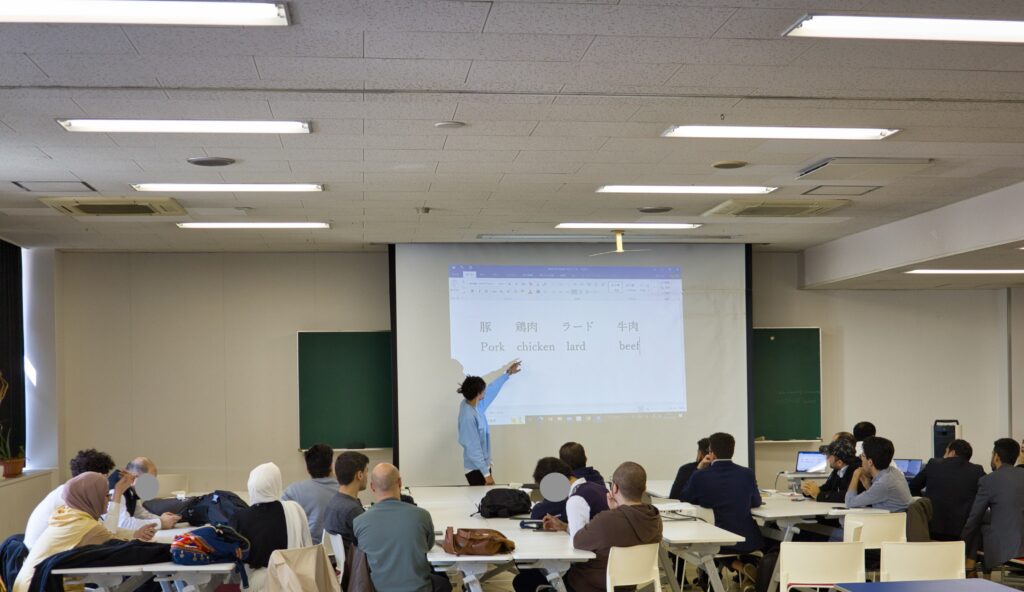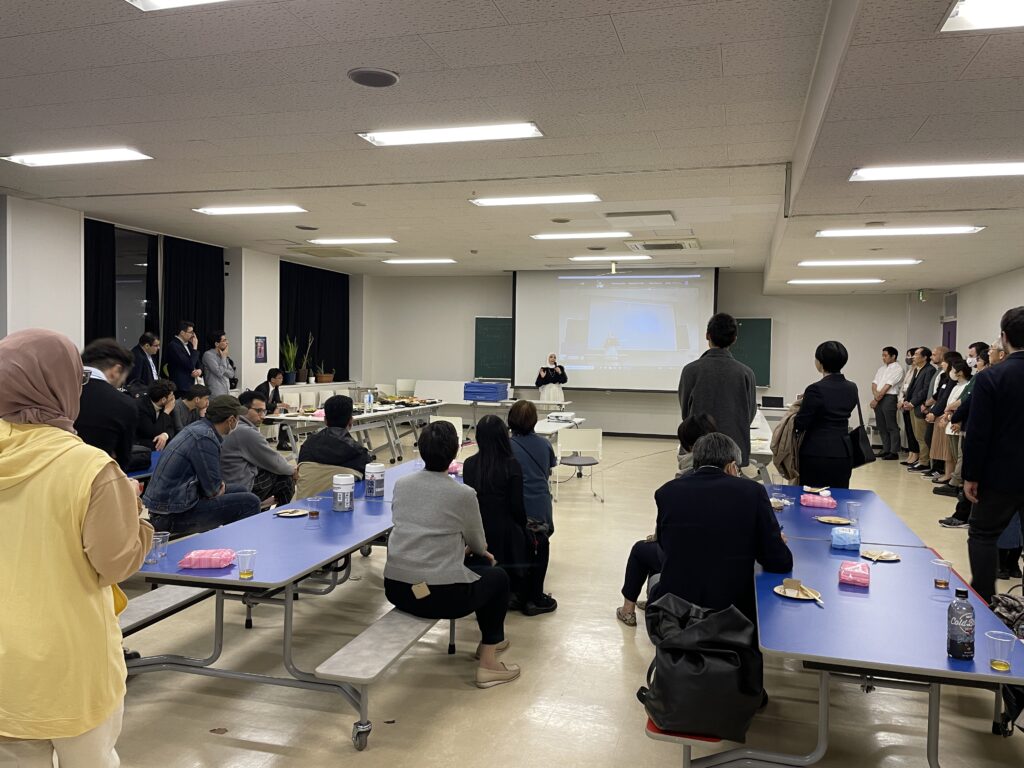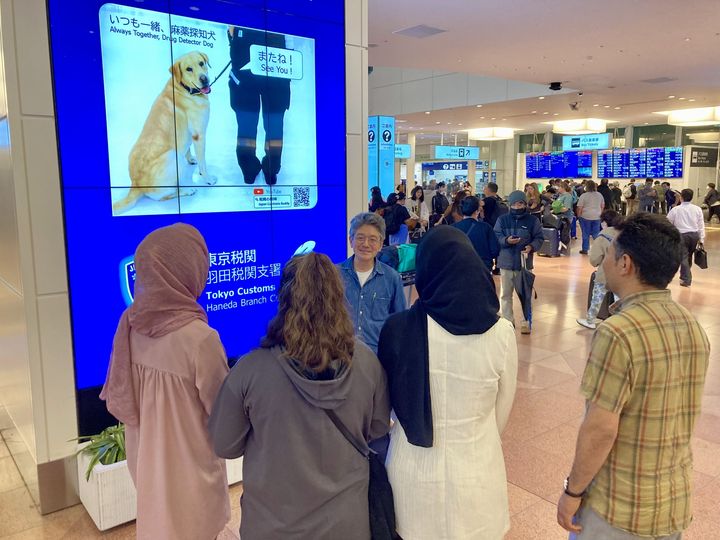Pathways Japan has developed the Pathways Japanese Language School Program, in which students from Syria and Afghanistan study for two years with tuition waiver cooperation from each partner Japanese language school, and then go on to higher education and employment.From March 29 to April 3, 2023, we held a reunion for students enrolled in the program and graduates, and an orientation for students newly arrived in Japan in March 2023. The program provided an opportunity for students to gain information about their career paths and think about their futures, as well as to build relationships between senior students and newcomers to Japan.
We have admitted 35 Syrian students from 2017 to 2022 (1) and 3 Afghan students since 2022; in 2023, 5 new students from Syria (2) and 5 from Afghanistan have been admitted into the program. Three of the Afghan students are women, and with women prohibited from pursuing higher education under the Taliban regime, the program has become a pathway for them to receive education and develop their futures.
*1: From 2017 to June 2021, the program will be implemented as a part of Japan Association for Refugees
*2: One of them will come to Japan in October 2023 after a delay.
At the senior students’ reunion, 14 Syrian students and 3 Afghan students gathered with the cooperation of the World Conference of Religions for Peace (WCRP), the organization implementing the joint project, to hear an explanation from Pathways Japan staff regarding higher education and employment after completing the program at the Japanese language school, and then to develop a plan to move toward their desired career paths.
From the next day, we held an orientation for new students. On the first day, the orientation was led by senior students who had gathered the day before for preparation. In addition to advice on daily life, such as Halal meals and how to make ends meet from limited part-time jobs, they also talked about how to find part-time jobs and how to balance work and study, preparation and study methods necessary for future career paths, the importance of maintaining motivation without forgetting the purpose of coming to Japan, and other topics necessary for future life. From the perspective of senior students, they also gave advice on how to overcome cultural differences, such as how to communicate and build relationships with Japanese people. For the new students, it was an opportunity to deepen their understanding of life in Japan and to imagine and prepare for their future lives in more concrete terms. An alumnus made the important point that the concept of “friends” differs between Japanese society and ours, and many of the participating students applauded in agreement.

In the evening, a reception was held for about 30 guests, including donors to the program, grantees, host Japanese language schools and support groups, and alumni. During the event, the new students gave excellent speeches about their experiences in their home countries, the reasons why they decided to come to Japan, and their aspirations for the future. Four Afghan students who could not make it to Japan in time due to visa issuance also participated online and shared their expectations for life in Japan. In the latter half of the event, students who have completed the program at the Japanese language school and are going on to higher education at universities or vocational schools or getting jobs gave speeches, expressing their gratitude to the teachers at the Japanese language school for their support and sending messages of support to other students. New students and graduates were presented with gifts from Lush Japan G.K., which has been supporting the program. The Tokyo YMCA provided the venue for the orientation and reception on the first day.

After that, Pathways Japan staff gave the new students a two-day orientation on life in Japan, including visa status, culture and customs, gender issues, mental health, disaster preparedness, career planning, and finding a part-time job, as well as an opportunity to prepare for a part-time job interview by creating a resume in easy Japanese and practicing interview skills. Airbnb provided the venue for the orientation, and employees volunteered to help with the interview practice.
After the orientation, the students began taking classes at the Japanese language school that accepted them immediately after finding housing and receiving support for moving into shared houses and other accommodations. In addition, while attending classes at the school, they proceeded with various procedures for starting up their lives in Japan, such as obtaining residence certificates, social security registration, opening bank accounts, and purchasing cell phone SIM cards, with support from Pathways Japan.

Four Afghan students who had delayed their arrival in Japan were also able to come to Japan in early April, and after a separate series of orientations, they have started their lives in Japan.
Since then, some students have found part-time jobs at fruit and vegetable stores and other places and started working by the end of April, while others are looking for part-time jobs in parallel with their classes at the Japanese language school.
Pathways Japan will continue to support these students as they begin their new lives in Japan, working with their host Japanese language schools and various organizations to help them overcome the difficulties of life in Japan and move forward into the future.
*Click here for more information about the program and interviews with refugee students.
